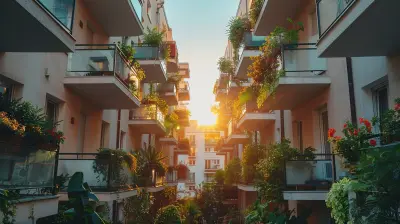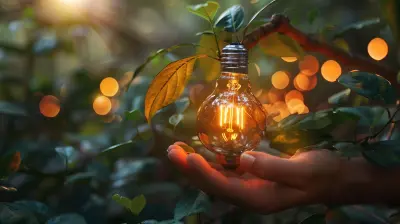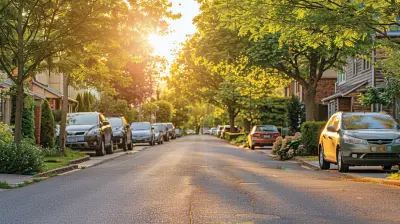The Allure of Victorian-Era Residences in Today’s Real Estate Market
1 November 2025
Victorian-era homes have a unique charm that continues to captivate homeowners and investors alike. With their ornate details, historical significance, and timeless aesthetic, these properties stand out in an industry often dominated by modern and minimalist designs. But what exactly makes Victorian residences so appealing in today's real estate market? Let’s dive in.
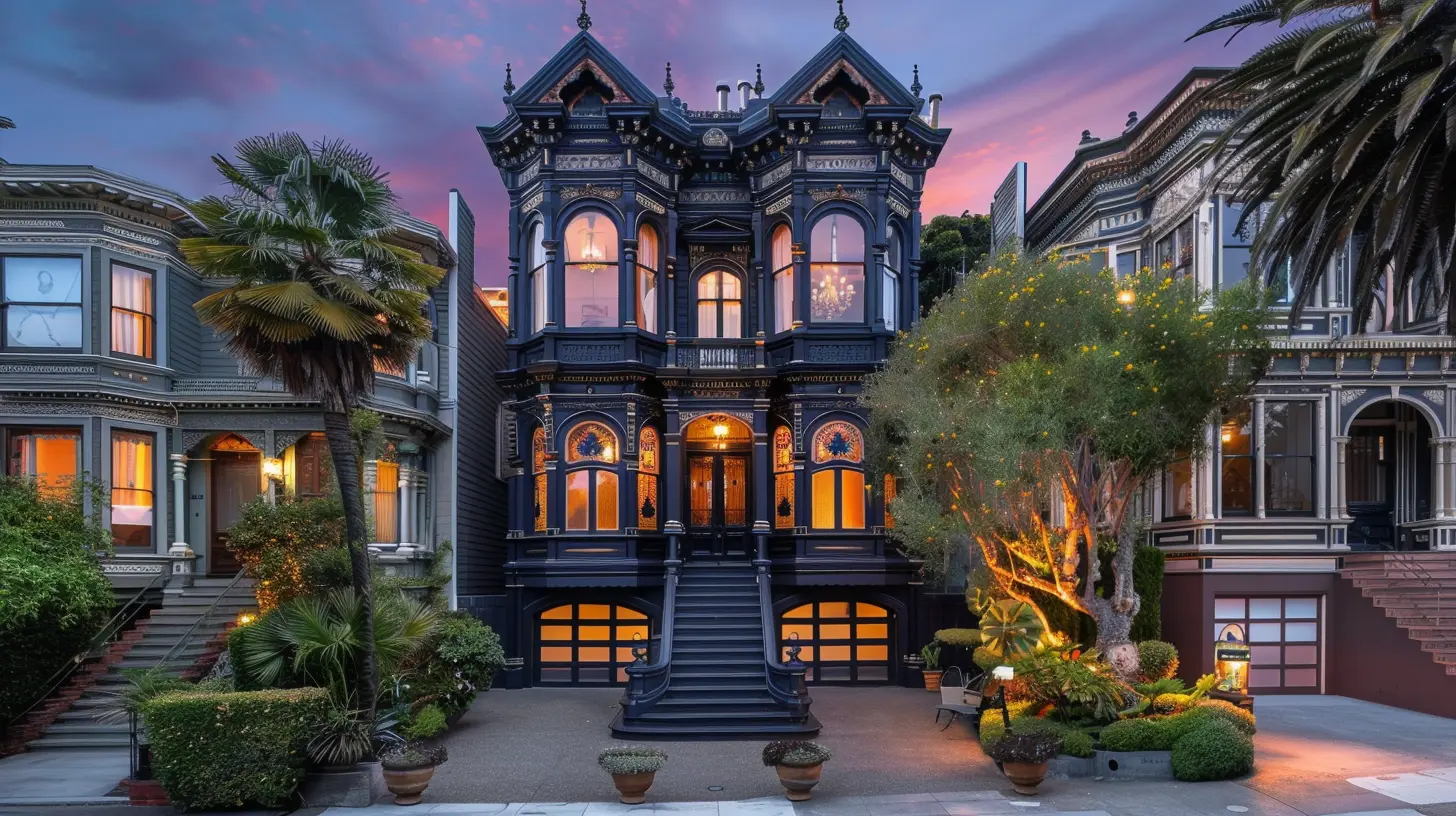
The Timeless Elegance of Victorian Homes
Victorian homes, built primarily between 1837 and 1901 during Queen Victoria’s reign, are like living pieces of history. Walking into one feels like stepping into a different era—one of craftsmanship, rich detail, and architectural grandeur. Unlike many cookie-cutter homes today, Victorian houses are unique, each one with its own intricate design and personality.Architectural Beauty That’s Hard to Match
One of the most striking features of Victorian homes is their architectural detail. These homes were built during a time when aesthetics mattered just as much as functionality. Here are a few hallmark features:- Ornate Woodwork – From decorative trim to intricate carvings, Victorian homes have craftsmanship you just don’t see in mass-produced houses today.
- Turrets and Towers – Many Victorian homes incorporate rounded towers or pointed turrets, adding a fairytale-like charm.
- Stained Glass Windows – These colorful artistic windows add an old-world elegance and bring in soft, beautiful light.
- Wraparound Porches – Nothing beats sipping morning coffee on a grand porch with decorative railings.
- Steeply Pitched Roofs – These dramatic rooflines add to their distinct appearance and help with rain and snow runoff.
The Unmatched Craftsmanship
In an age where many homes are built with prefabricated materials in record time, Victorian-era houses stand as a testament to quality workmanship. These homes were built to last, using durable materials such as solid wood, brick, and stone. The attention to detail, from hand-carved moldings to custom ironwork, is nearly impossible to replicate today at an affordable cost.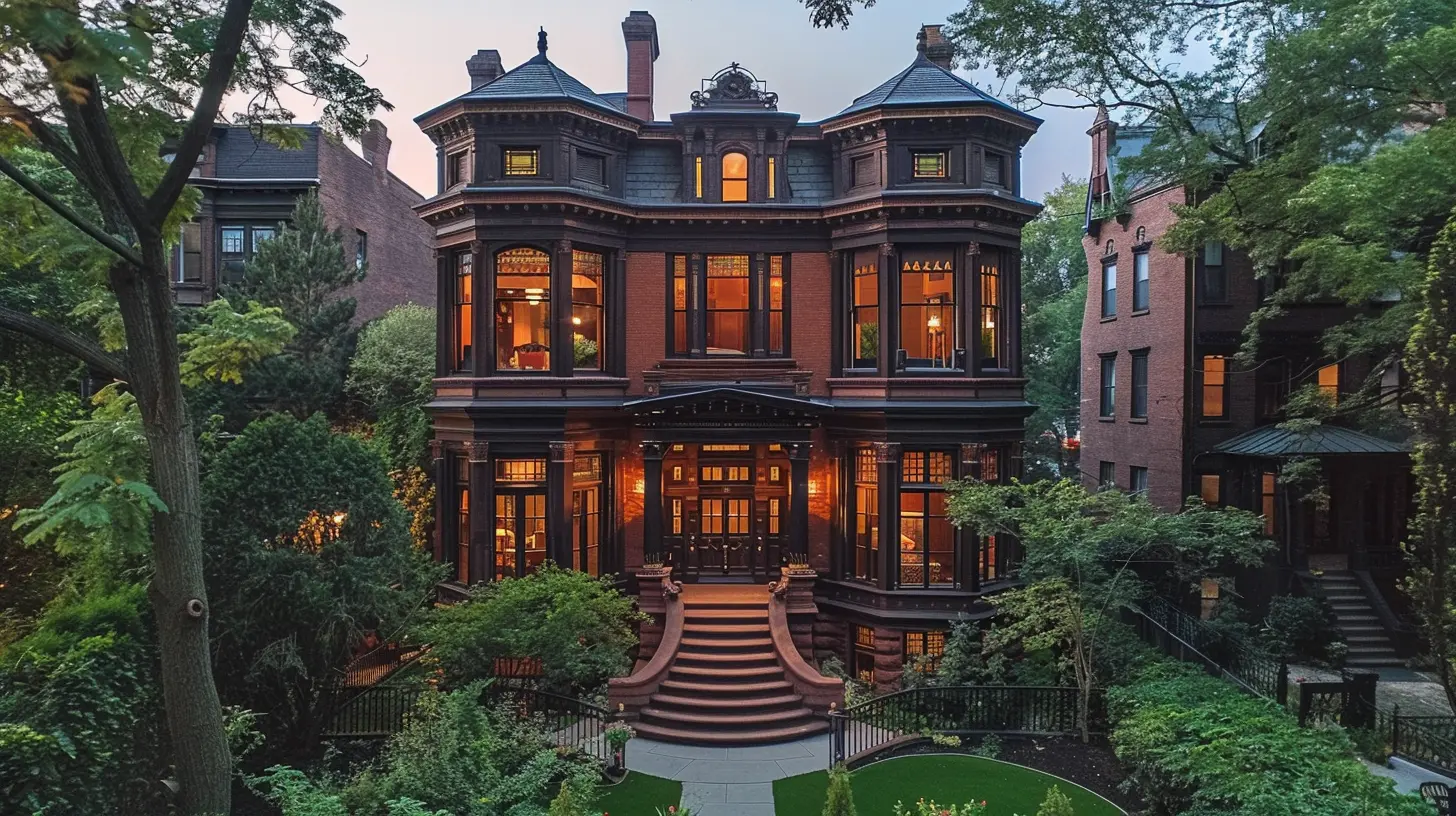
Why Victorian Homes Are Still in High Demand
Now, you might wonder—why do buyers still gravitate toward Victorian houses when modern homes offer sleek designs and smart technology? There are a few big reasons.1. Historical Significance Adds Value
Victorian homes aren't just structures; they’re pieces of history. Owning one is like having a living artifact, filled with the character and charm of a bygone era. Many buyers appreciate the sense of nostalgia and prestige that comes with owning a historically significant property.2. Unique Character & Personality
Let’s be real—modern homes can sometimes feel lifeless. Victorian homes, on the other hand, have a story to tell. From their grand staircases to their cozy nooks, every detail has a purpose, and no two homes are exactly alike.3. Strong, Long-Lasting Construction
We’ve all heard stories about new homes built with flimsy materials that require repairs within a few years. Victorian homes, however, have already stood the test of time—many have been around for over a century and remain structurally sound. That’s not just good design; it’s a testament to quality.4. A Smart Investment Opportunity
In many markets, Victorian-era homes are considered great investments. Their historical significance and architectural beauty keep their value high, and with the right restoration work, they can appreciate substantially over time. Some buyers even turn these homes into profitable bed-and-breakfasts or boutique rentals, leveraging their charm to attract guests.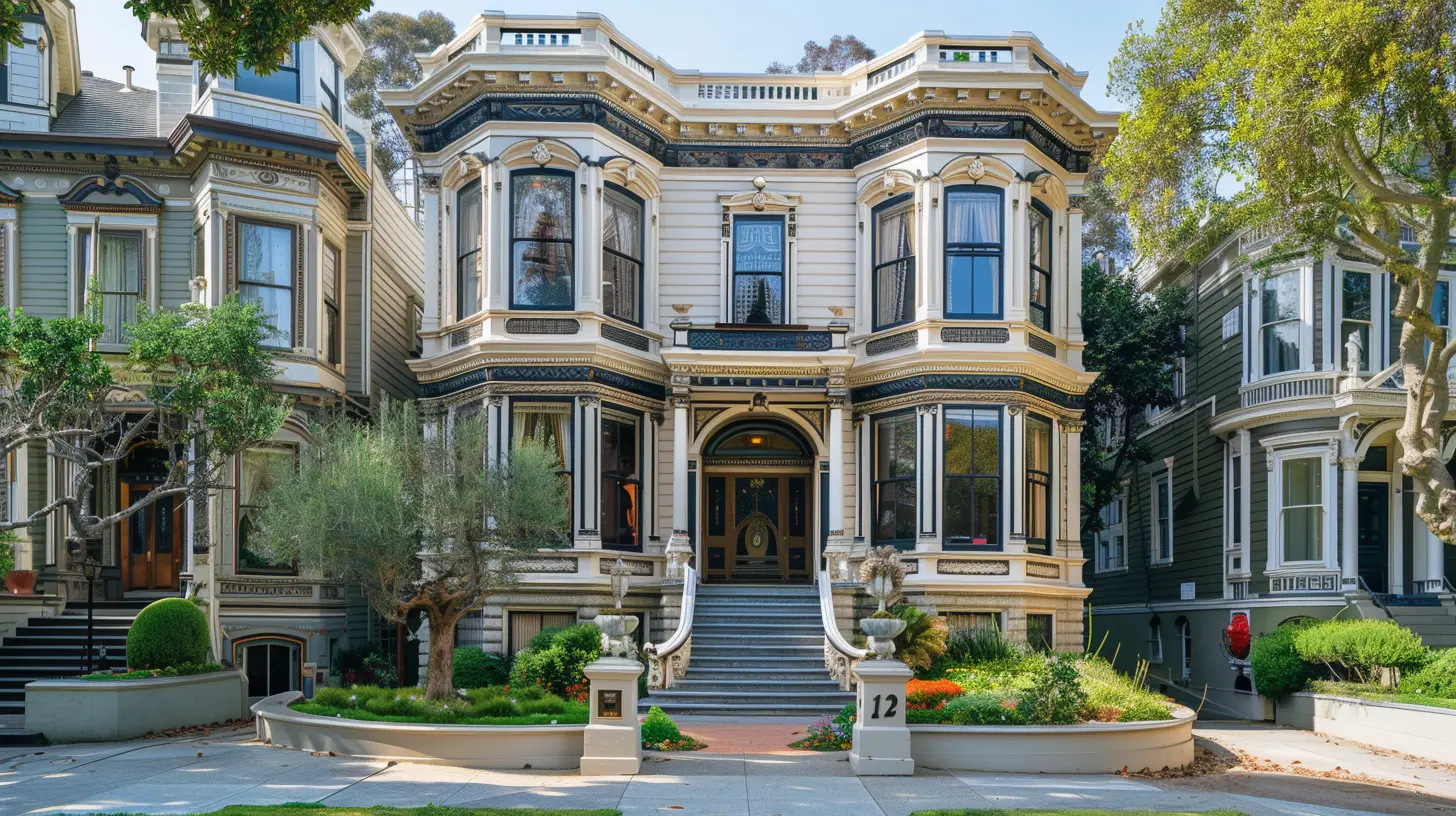
Challenges of Owning a Victorian Home
Of course, no home is perfect. While Victorian-era residences are undeniably beautiful, they do come with their own set of challenges.1. Maintenance Can Be Costly
Due to their age, Victorian homes often require ongoing maintenance. Restoring original woodwork, repairing intricate stained glass, or replacing slate roofing can be expensive. If you're considering purchasing one, it’s wise to budget extra for upkeep.2. Energy Efficiency Concerns
Older homes weren’t built with modern insulation techniques or energy-efficient materials. As a result, heating and cooling costs can be higher than those of a newer home. However, many homeowners install updated insulation or retrofit old windows to strike a balance between preservation and practicality.3. Layout Differences Compared to Modern Homes
Victorian homes often feature smaller, compartmentalized rooms, while today’s buyers tend to prefer open floor plans. However, for those who love cozy spaces and a touch of old-world charm, this isn’t necessarily a downside.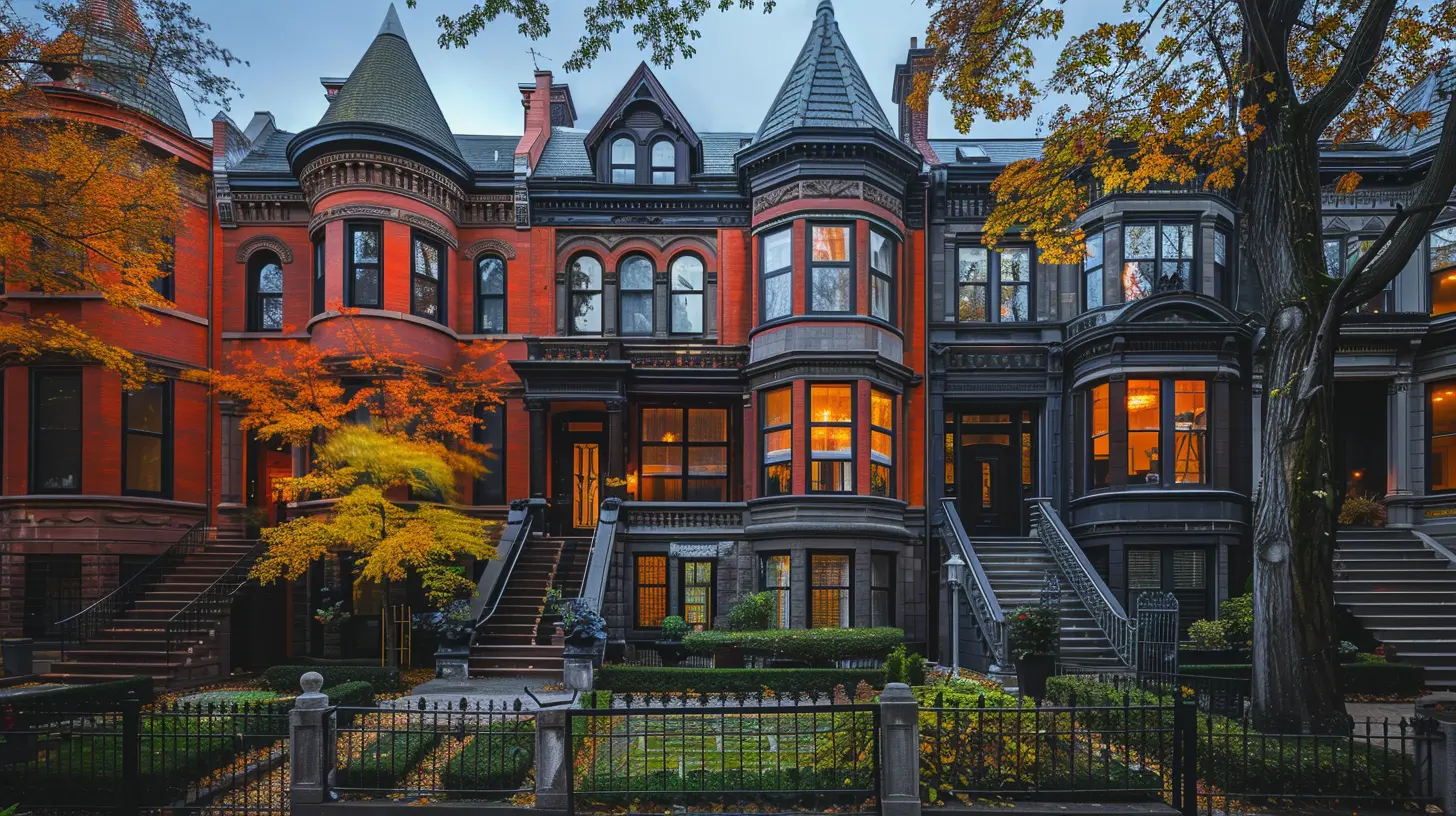
Tips for Buying a Victorian Home
If you’re thinking about purchasing a Victorian-era residence, here are a few key things to keep in mind:1. Get a Thorough Inspection
Since these homes are older, it’s crucial to have a professional inspect the structure, foundation, plumbing, and electrical systems. Some older homes may need significant updates, and you’ll want to know exactly what you’re getting into.2. Understand Renovation Costs
Restoring a Victorian home to its original splendor can be a rewarding experience, but it can also be pricey. Make sure you factor in possible renovation expenses before making an offer.3. Check for Historical Restrictions
Some Victorian homes are considered historic landmarks, meaning there may be restrictions on the types of renovations you can make. Before you dream of modernizing certain aspects, check local regulations.4. Embrace the Character
The beauty of a Victorian-era home is in its details. Instead of trying to completely modernize it, find ways to blend classic charm with modern convenience. This way, you preserve the home’s history while making it comfortable for contemporary living.Final Thoughts
Victorian-era residences continue to hold a special place in today’s real estate market. Their intricate details, historical significance, and timeless beauty make them a dream home for many buyers. While they do require maintenance and care, the rewards of owning a one-of-a-kind, character-filled home far outweigh the challenges.If you love homes with personality, craftsmanship, and a story to tell, a Victorian home might just be the perfect fit. Who needs cookie-cutter houses when you can live in a masterpiece?
all images in this post were generated using AI tools
Category:
Historic HomesAuthor:

Kingston Estes
Discussion
rate this article
1 comments
Naya McCabe
Victorian-era homes offer timeless charm and architectural beauty, making them a compelling choice in today's competitive real estate market.
November 4, 2025 at 3:35 AM

Kingston Estes
Absolutely! Victorian-era homes blend historical elegance with unique character, appealing to buyers seeking charm and distinction in a crowded market.
